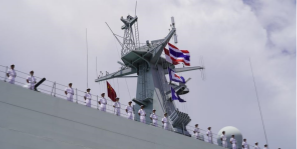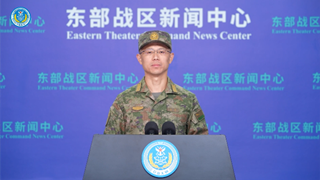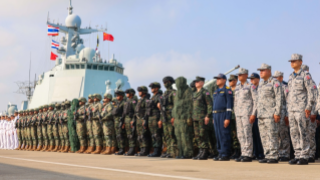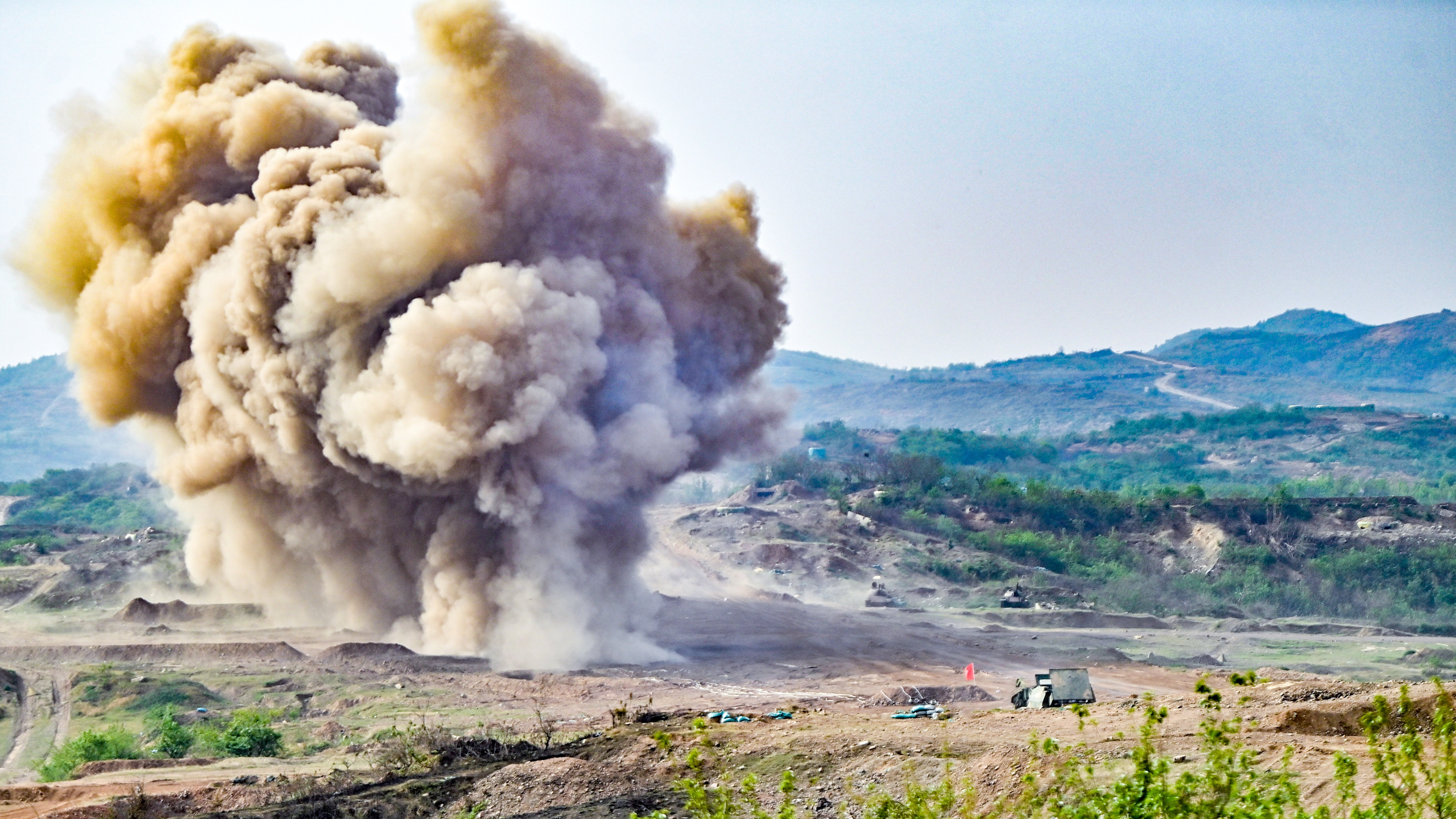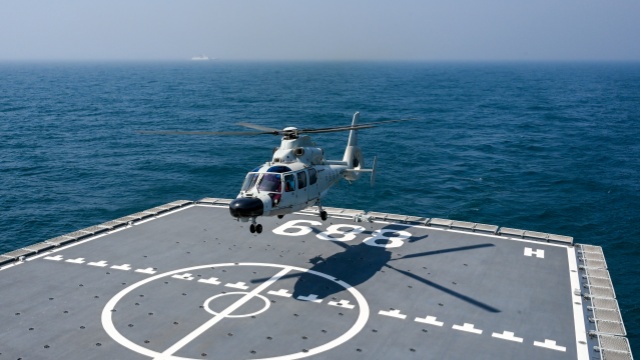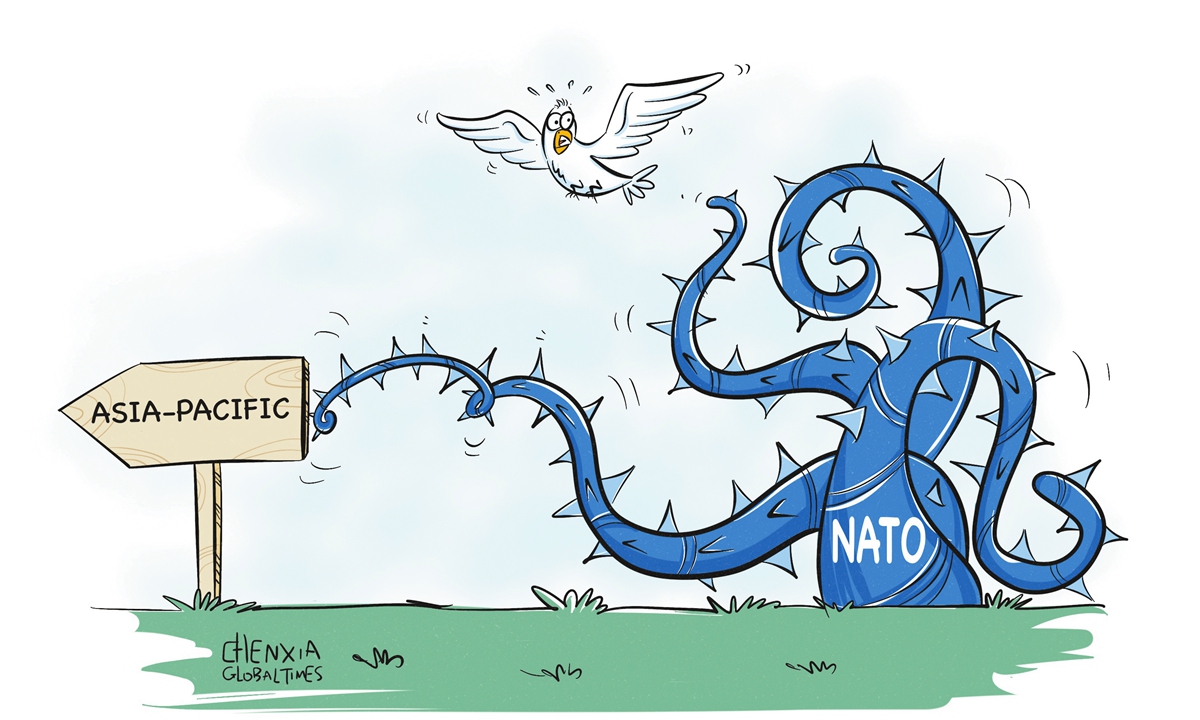
Illustration: Chen Xia/GT
NATO Secretary General Mark Rutte is set to begin his official visit to Japan on Tuesday - his first trip to the Asia-Pacific region since assuming the post. Both NATO's official statements and those from Japan's Ministry of Foreign Affairs have already revealed the strategic and political calculations behind this visit.
Rutte's visit to Japan is by no means coincidental. It represents yet another step in NATO's accelerated infiltration into the Asia-Pacific in recent years. In 2022, NATO's strategic concept document labeled China a "systemic challenge" for the first time. By doing so, NATO essentially created an excuse for its involvement in the Asia-Pacific region, despite the fact that this region lies far outside NATO's traditional area of focus. Three years later, China continues to be framed as the primary justification for NATO's new secretary general. In an interview prior to the trip, Rutte described China as a threat, stating "We cannot be naive about China" and pointing to "the buildup of China's defense industrial base."
As one NATO official put it, Rutte's visit to Japan is not just a political trip; it signals a focus on defense-industrial cooperation. Even more concerning is that NATO's ambitions extend beyond Japan. It's also reported that Rutte recently emphasized that NATO also seeks to strengthen ties with Australia, New Zealand, and South Korea, specifically to deepen cooperation in industrial production, innovation, and data exchange on shared concerns.
The true purpose of this visit is clear: To strengthen defense-industrial ties, pave the way for NATO's deeper involvement in Asia-Pacific security affairs, and push forward the "NATO-ization" of the region as part of its broader geopolitical agenda, Lü Chao, an expert at the Liaoning Academy of Social Sciences, told the Global Times. In short, Rutte is here to peddle fear - a message that finds little welcome among Asia-Pacific nations.
For years, NATO have cited China's military capabilities, regional posture, and legitimate cooperation between Beijing and Moscow as causes for its growing concern, while conveniently ignoring the fact that China's military policy is defense-oriented and peace-oriented, with military expenditures consistently remaining below the global average as a percentage of GDP. Meanwhile, NATO's own defense budgets continue to grow.
This selective narrative exposes NATO's true intentions. It is not concerned with Asia-Pacific security but rather seeks to legitimize its infiltration into the region through the manufacture of threats. Such a confrontational mindset runs counter to the shared aspiration of Asia-Pacific nations for peaceful development. Who truly threatens regional stability? NATO's military expansion has led to the deterioration of Europe's security. "If NATO infiltrates the Asia-Pacific, it risks transplanting Europe's confrontational model into the region. Such actions would jeopardize peace and development, bringing the flames of geopolitical confrontation into Asia," Lü added.
The prevailing sentiment in Asia-Pacific is a shared pursuit of development and peace. China, Japan, and South Korea are now witnessing a relatively positive momentum for trilateral cooperation, demonstrating a willingness to strengthen supply chain cooperation, engage in dialogue on export control, and deepen collaboration in digital and green economies. ASEAN members have also repeatedly emphasized their reluctance to be drawn into major power competition. A military bloc entrenched in a Cold War mentality is extending its reach into the Asia-Pacific. Such moves won't advance regional cooperation; instead, they could create new divisions and plunge the region into chaos.
The Asia-Pacific is not NATO's "extended territory," nor is it a proving ground for reviving bloc-based confrontation. The security of Asian countries does not need NATO's interference, nor do they welcome NATO dragging its "partner" countries into geopolitical theater.







